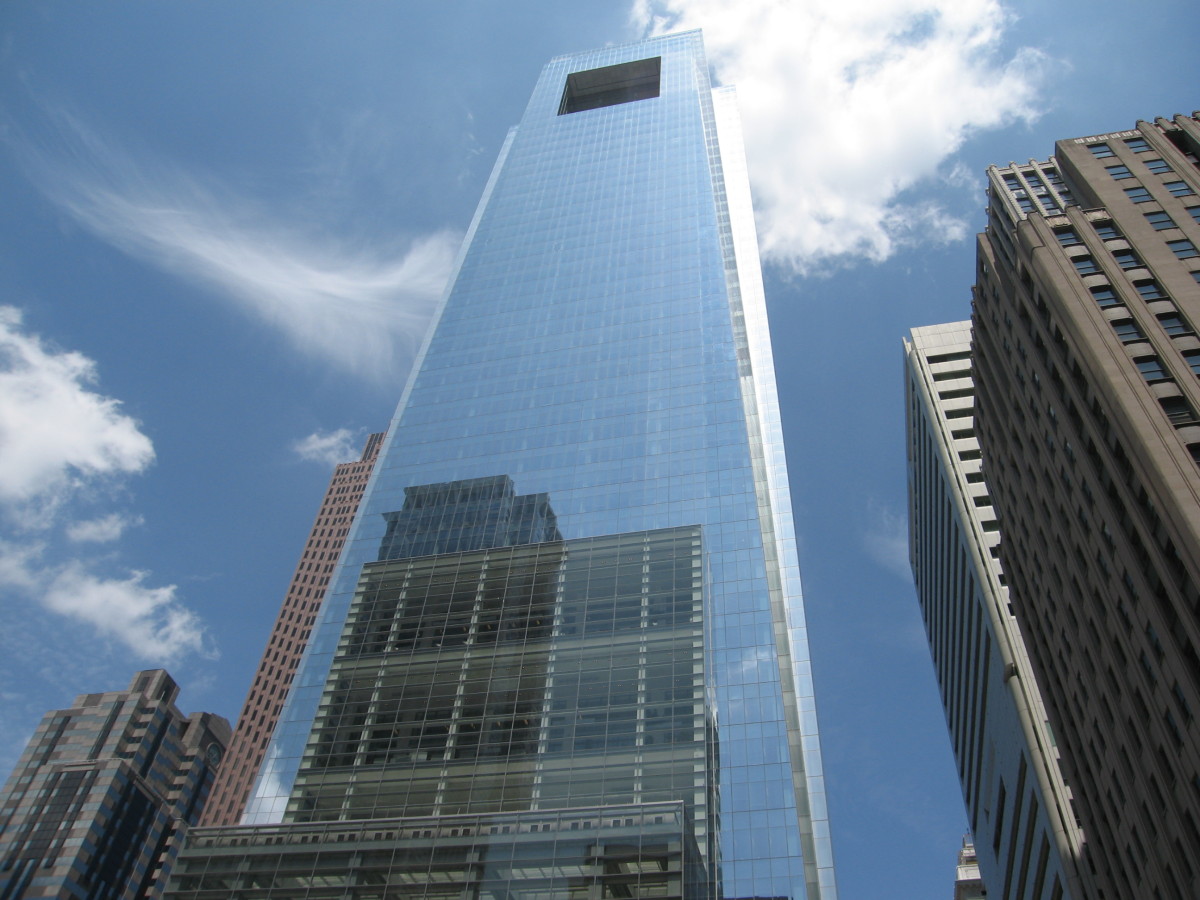As Philadelphia starts to implement its new cable franchise agreement with Comcast, many details remain to be worked out, including who will receive funding from the $500,000 Digital Literacy Alliance fund set up in the deal, according to Andrew Buss, director of innovation management in the city’s Office of Innovation and Technology.
City Council approved the 15-year Comcast franchise agreement in December after nearly a year of negotiations. Buss spoke about the franchise agreement to public computer center representatives on Tuesday afternoon at a KEYSPOT all-network meeting. The city official said he was “peripherally involved” in negotiations and will play a more active role as implementation gets under way. The former chief of OIT, Adel Abeid, led the negotiations.
“We’ve been meeting with Comcast a lot and internal folks in the city to try to figure out how the money moves [and] how we’re implementing the program,” he said.
In particular, the city has yet to nail down exactly how it will spend the Digital Literacy Alliance funding.
“It could be for some programs like an expanded Internet Essentials — more of that,” Buss said of Comcast’s broadband offering for low-income families. “It could be for something entirely different.”
A “cross-institutional advisory group” will make decisions about managing the money, he said. The group isn’t yet formed but will likely include Comcast, the city, nonprofits and other corporations and foundations, he said.
Buss described the Digital Literacy Alliance fund as “seed money … that allows you to really grow that fund and start funding other programs.”
“The good thing about [the fund] is that you have this existing pot of money, and ideally you don’t just spend it down on programs,” Buss said. “You want to keep the pot of money and keep adding to it.”
At Tuesday’s KEYSPOT meeting, multiple computing center representatives asked whether the franchise agreement would expand the number of public wireless hotspots around the city. Buss said that while the agreement didn’t specifically cover hotspots, he would report KEYSPOT members’ interest in the subject at future implementation meetings.
The agreement included an “Institutional Network” that allows all municipal buildings to connect to Comcast. However, Buss said it’s not clear if those buildings provide public hotspots over those connections.
Buss praised the final deal with Comcast, claiming that it set a new national standard for cable franchise agreements.
The City Council of Seattle had been reviewing a proposed Comcast franchise agreement just as Philadelphia passed its own, he noted. “They then pulled it because they wanted more stuff in it like what we got,” Buss said. “They eventually got a lot more internet-specific provisions in their agreement.”
Buss said he could not think of any sorely wanted items that were missing from the final agreement with Comcast in Philadelphia.
“I think everything that [then-Mayor Michael Nutter] originally asked for ended up in there in some form or another,” he said. “Basically the concept of everything we asked for ended up in the agreement.”
Implementation of Comcast franchise agreement gets underway in Philly







